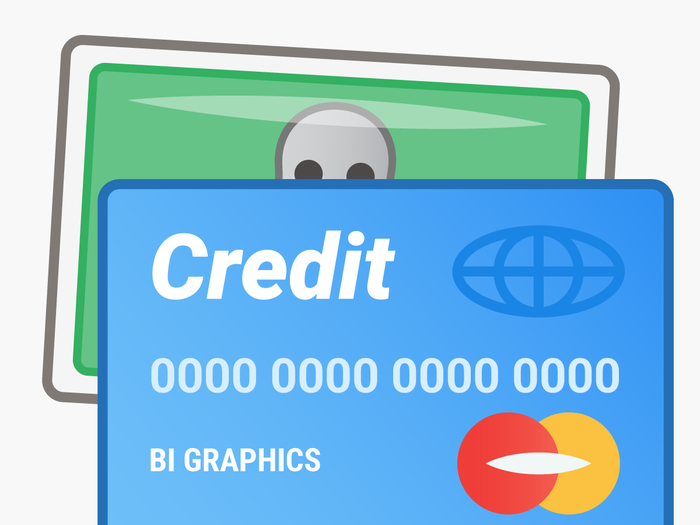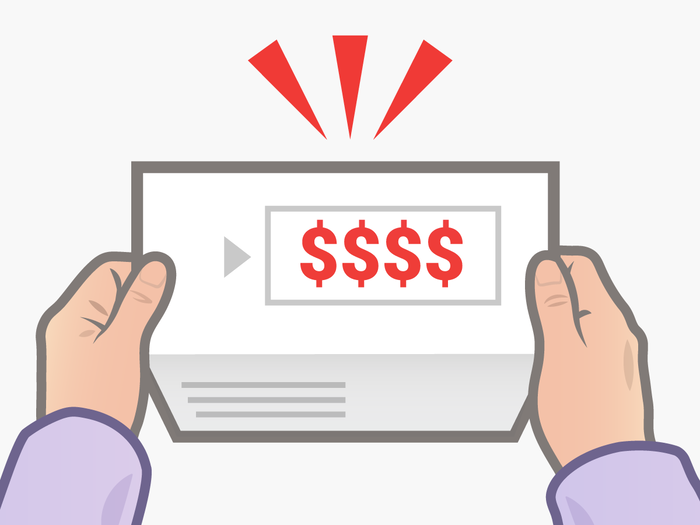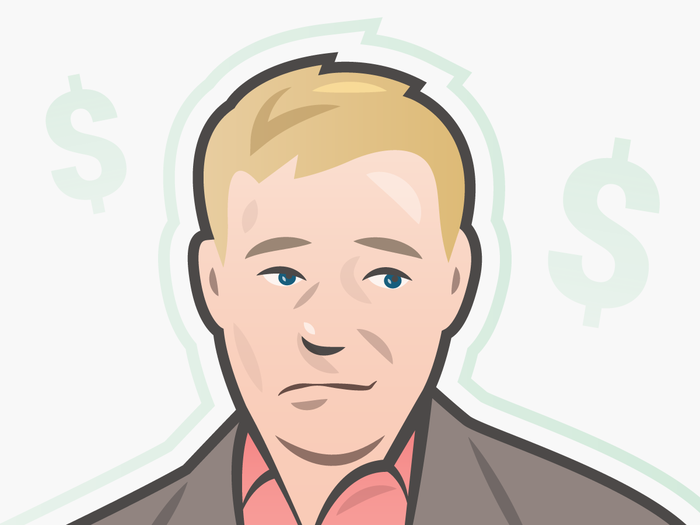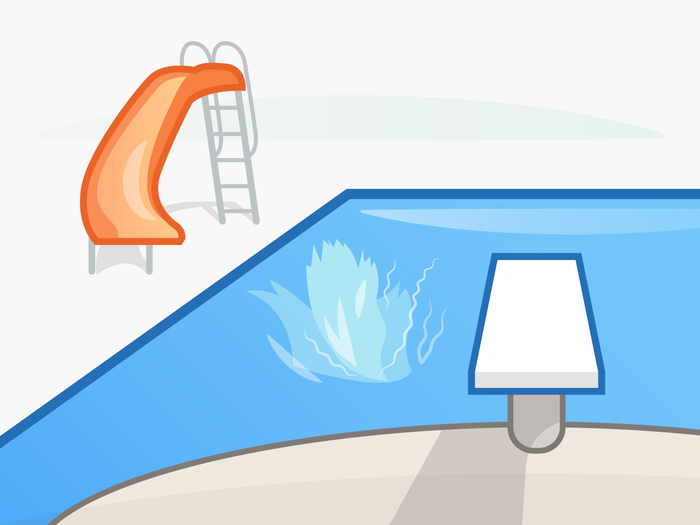- Home
- personal finance
- 7 signs you aren't as good with money as you think you are
7 signs you aren't as good with money as you think you are
You don't know how much you earn or spend.

You're carrying credit card debt.

Unlike good debts that come from investing in your future, bad debts, along with typically high interest rates, don't help you build wealth or assets.
Solution: Make paying your credit card debt a priority. Because of the debt's high interest rate, it has the potential to quickly spiral out of control, costing you thousands more in interest.
Take a look at 13 tips from people who paid off thousands of dollars of debt for inspiration and ideas.
You're surprised by your bills each month.

If you're living paycheck-to-paycheck, what will you do if there's an emergency cost like a hospital bill? How will you pay for grad school or a weekend away?
Solution: There are two ways to loosen the strings on your cash flow: Earn more money, or spend less. If you go the first route, take a look at tricks to negotiate a raise and ways to make extra cash while working full-time. If you're aiming to spend less, consider making a big impact by reducing your largest costs, like your rent or transportation, on top of spending less on a daily basis.
You're stressed about money.

Feeling stressed about money and guilty about spending is the other side of the paycheck-to-paycheck coin. A 2015 survey from the American Psychological Association found that 72% of Americans were stressed about money at least once in the month before they weighed in.
Solution: If you're stressed about money, you know on some level that something isn't right — so it's up to you to take action.
Pinpoint what exactly it is that stresses you out (You don't have enough to cover your bills? You haven't been able to afford something 'just for fun' in months? You're worried you'll have to work forever because you don't have retirement savings?) and take one action to counteract that fear. Putting an extra 1% into savings for the rest of the year might not completely alleviate your stress, but it's better than doing nothing at all.
You've decided to deal with saving for retirement a few years from now.

Though retirement may seem far away, the power of compound interest means that starting as early as possible is the best thing you can do for your savings.
Solution: Saving for retirement can take a few different forms — a company-sponsored 401(k) or an IRA are two of the most popular savings vehicles — but no matter how you choose to save, the best thing you can do is start early.
Even if you haven't started putting money away, consider what you want your retirement lifestyle to be like (Travel? Move nearer your family? Downsize your house? Take a part-time job to keep busy?).
There's a lot of advice on saving for retirement out there: Check out this explanation of what most people are doing wrong, how much money you'd need to save every day to become a millionaire by 65, the nasty surprises of retirement most people don't know to expect, and the seven questions to ask yourself before deciding you're ready to retire.
You're terrified by the idea of investing.

It can feel overwhelming, but investing your money has the potential for growth far beyond what you'd see in a traditional savings account.
Solution: Even billionaire Warren Buffet recommends a conservative approach — low-cost index funds — and online services such as Wealthfront and Betterment have sprung up to handle the ins and outs of investing on a day-to-day basis.
Take a look at the 25 things to know about investing by age 25, an investment adviser's breakdown of the factors that lead to bad investing decisions, the most important factors that contribute to investing success, and the three common mistakes that could destroy your portfolio.
You feel like you have something to hide.

If you're terrified someone will find out "the truth" about your finances, something clearly isn't right.
That truth doesn't have to be anything nefarious or illegal. It could be that you can't actually afford the luxury car you leased, or that you're barely living paycheck-to-paycheck, or that you don't have savings, or that your home is too expensive for you to maintain. If you're worried that someone — even your bank manager or credit card company — will find out, there's something worrisome afoot.
Solution: Eventually, someone is going to find out — and it might as well be someone who can help. You might want to open yourself up to professional assistance, like the nonprofit National Foundation for Credit Counseling or a fee-only financial adviser. Companies like LearnVest and Personal Capital offer professional advice at a lower rate.
Popular Right Now
Popular Keywords
Advertisement